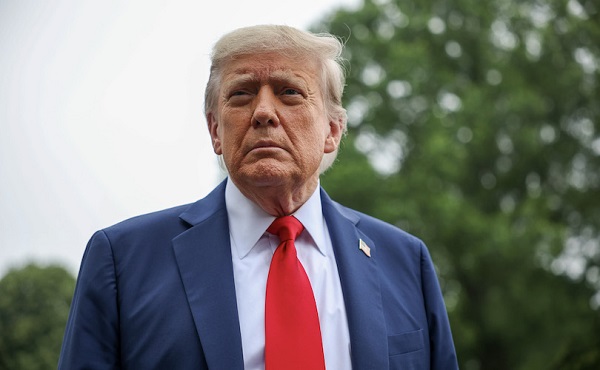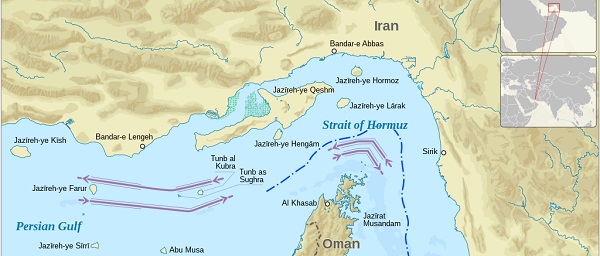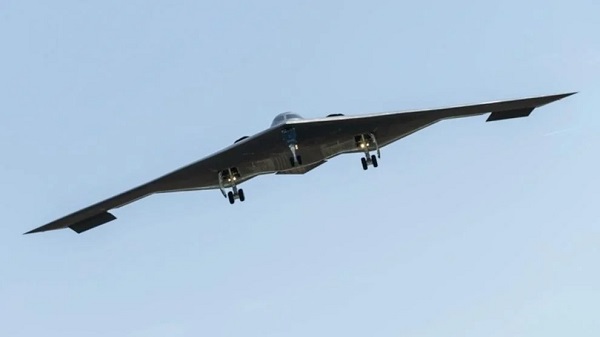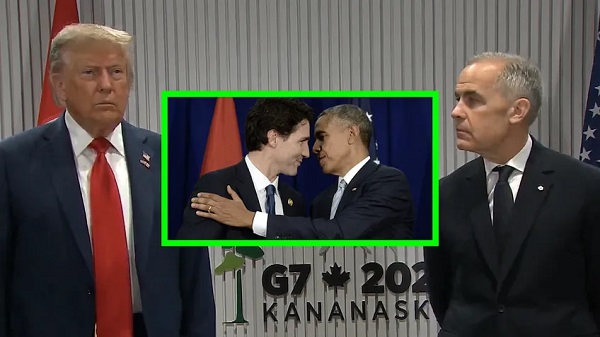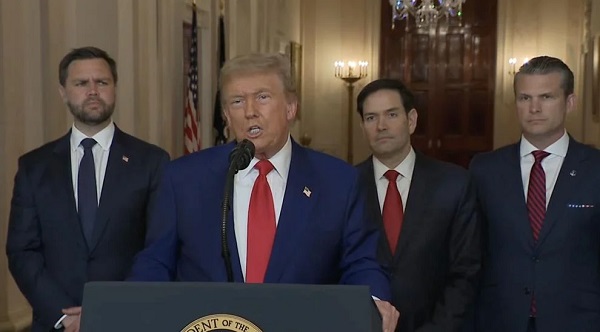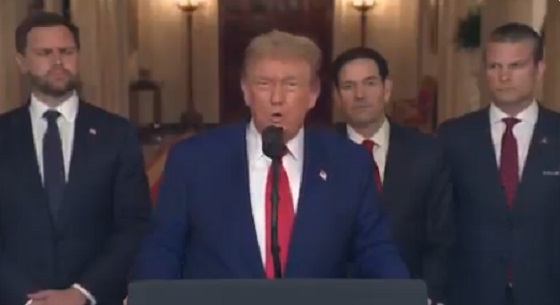From The Center Square
Hours after Iran launched retaliatory strikes against the U.S. for striking its three key nuclear facilities, President Donald Trump announced a ceasefire deal has been reached between Israel and Iran.
The president touted the deal as a “complete and total ceasefire” in a Truth Social post Monday afternoon.
Trump spent the afternoon with his national security team; it is unclear if the meeting was used to iron out the ceasefire details.
“CONGRATULATIONS TO EVERYONE! It has been fully agreed by and between Israel and Iran that there will be a Complete and Total CEASEFIRE (in approximately 6 hours from now, when Israel and Iran have wound down and completed their in progress, final missions!), for 12 hours, at which point the War will be considered, ENDED! Officially, Iran will start the CEASEFIRE and, upon the 12th Hour, Israel will start the CEASEFIRE and, upon the 24th Hour, an Official END to THE 12 DAY WAR will be saluted by the World,” Trump wrote.
“During each CEASEFIRE, the other side will remain PEACEFUL and RESPECTFUL. On the assumption that everything works as it should, which it will, I would like to congratulate both Countries, Israel and Iran, on having the Stamina, Courage, and Intelligence to end, what should be called, ‘THE 12 DAY WAR.’ This is a War that could have gone on for years, and destroyed the entire Middle East, but it didn’t, and never will! God bless Israel! God bless Iran, God bless the Middle East, God bless the United States of America, and GOD BLESS THE WORLD!” Trump concluded.
As the president mentioned in his post, the conflict, or war, began June 12 after Iran rejected negotiations to cease its enrichment of weapons-grade nuclear material. Israel launched targeted attacks on the Islamic Republic.
Israel and the U.S. maintained that Iran was merely weeks from building nuclear weapons, thus endangering Israel and the Middle East.
The two countries exchanged a barrage of missiles, with Israel eventually gaining air superiority over Iran.
A turning point in the conflict came Saturday night when the U.S. launched strikes, called Operation Midnight Hammer. The strikes “obliterated” — in Trump’s words — Iran’s top three nuclear facilities, including Fordow, Natanz and Isfahan.
B-2 stealth bombers out of Whiteman Airforce Base in Missouri were used to drop several 30,000-pound bunker busters to destroy Fordow and Natanz. At the same time, dozens of Tomahawk missiles fired from a submarine were used to destroy Isfahan.
On Monday, Iran launched over a dozen missiles targeting the U.S. Al Udeid Air Base in Qatar. The attack was thwarted, and no injuries were reported. In a social media post following the strike, the president brushed off the attack, claiming Iran needed to blow off steam. He indicated the U.S. received prior notice of the attack, allowing them to prepare.
The ceasefire comes less than a week after the president claimed he wasn’t negotiating a ceasefire between the two countries.

